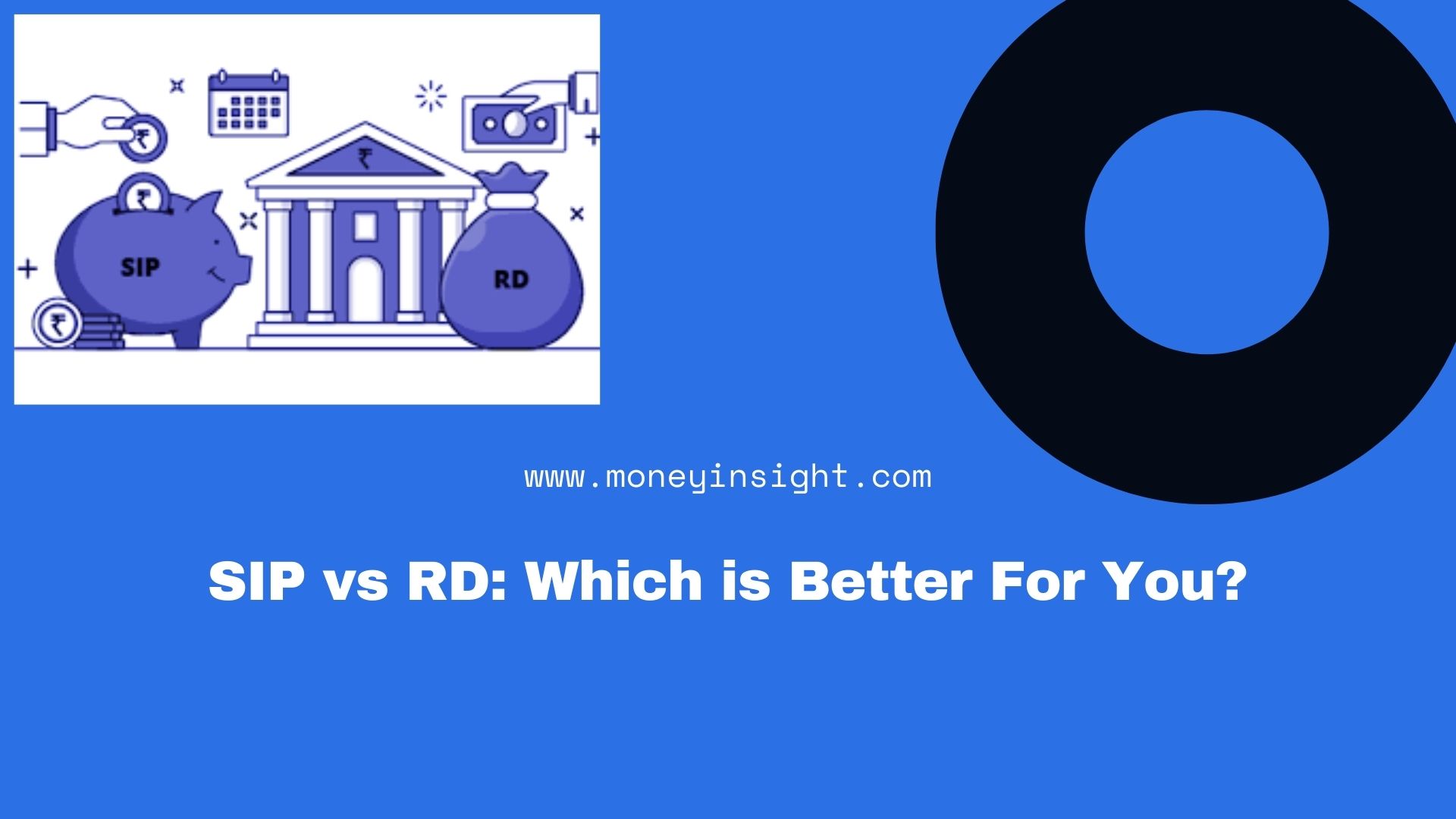Choosing between a Systematic Investment Plan (SIP) and a Recurring Deposit (RD) as an investment option depends on several factors, including your risk appetite, investment horizon, and financial goals. Both options have their own sets of advantages and limitations, catering to different types of investors.
Systematic Investment Plan (SIP)
Advantages:
- Potential for Higher Returns: SIPs involve regular investments in mutual funds, typically equity mutual funds, which have the potential to generate higher returns compared to traditional savings options. The historical performance of equity markets shows a tendency for long-term growth, though past performance is not indicative of future results.
- Rupee Cost Averaging: By investing a fixed amount regularly, investors buy more units when prices are low and fewer units when prices are high. This reduces the average cost per unit over time and mitigates the impact of market volatility.
- Power of Compounding: Long-term SIP investments benefit from compounding, where the returns earned are reinvested to generate additional returns. This exponential growth can significantly boost the investment value over time.
- Flexibility: SIPs offer flexibility in terms of the amount and frequency of investment. Investors can choose to invest monthly, quarterly, or as per their convenience. Additionally, one can increase or decrease the SIP amount, pause, or stop the SIP as per their financial situation.
Disadvantages:
- Market Risk: SIP investments, particularly in equity mutual funds, are subject to market risks. The value of investments can fluctuate based on market conditions, which might lead to potential losses, especially in the short term.
- Management Fees: Mutual funds charge management fees which can eat into the returns. It is crucial to choose funds with reasonable expense ratios to maximize net returns.
Recurring Deposit (RD)
Advantages:
- Safety: RDs are one of the safest investment options as they are not subject to market risks. The principal amount and interest are assured, making RDs ideal for risk-averse investors.
- Fixed Returns: RDs offer fixed interest rates, ensuring predictable returns at the end of the investment tenure. This can be advantageous for financial planning as investors know the exact amount they will receive at maturity.
- Simplicity: Investing in RDs is straightforward, with minimal paperwork and no need for market knowledge. This simplicity appeals to investors looking for hassle-free investment options.
Disadvantages:
- Lower Returns: The returns on RDs are generally lower compared to equity-based SIPs. While they provide stability, the growth potential is limited, which may not be sufficient to outpace inflation over the long term.
- Lack of Liquidity: RDs have a fixed tenure, and premature withdrawals often attract penalties and reduced interest rates. This reduces the liquidity of funds compared to SIPs, where units can be redeemed (though sometimes at a cost) when needed.
Also Read:
Best SIP Plan For 5 Years – MoneyInsight
Also Read :
How to make money from share market? (indiatimes.com)
Visit our Website regularly for more such Educational Research Articles:

